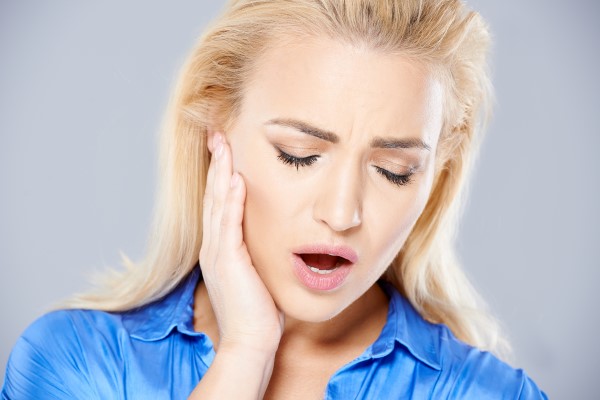Mouthwash: Can it Really Help Your Oral Health?
 Rinsing with a mouthwash on a regular basis is a step that some people often don’t take while maintaining their oral routines. It’s hard to understand why because, while brushing and flossing daily is a great way to ensure that a healthy oral hygiene is kept, rinsing with mouthwash afterwards is another step that’s crucial in maintaining healthy gums and teeth. There are necessary agents found in mouthwashes that provide a further cleansing of the mouth once the flossing and brushing is complete.
Rinsing with a mouthwash on a regular basis is a step that some people often don’t take while maintaining their oral routines. It’s hard to understand why because, while brushing and flossing daily is a great way to ensure that a healthy oral hygiene is kept, rinsing with mouthwash afterwards is another step that’s crucial in maintaining healthy gums and teeth. There are necessary agents found in mouthwashes that provide a further cleansing of the mouth once the flossing and brushing is complete.
It’s important to know how and why mouthwash is beneficial to our oral hygiene. Many believe that it’s an unnecessary step of a dental routine, and this is most likely because they are unaware of the great benefits that mouthwash can offer.
Today, we will cover what mouthwash does for our teeth and gums, and how it helps in our oral hygiene.
Can mouthwash really help oral hygiene?
Most mouthwashes contain antiseptics that provide an extensive cleansing of the entire mouth. When a person rinses with a mouthwash properly, the active agents destroy bacteria that has formed within the mouth. While toothpaste does have fighting agents, they are nothing like those found in most mouthwashes. The agents in the mouthwash can also help heal any existing infections around the gums or teeth. While they won’t necessarily cure them, they will aid in the process of healing.
What mouthwash provides
Brushing and flossing daily maintain clean teeth, but using a mouthwash regularly also keeps the gums healthy, the spaces between teeth clean, and the entire mouth as a whole. People only scrub their teeth, they don’t scrub the inner cheeks, underneath the tongue or even the roof of the mouth. This is where mouthwash comes into play - swishing it around the entire mouth ensures that it reaches those parts that can’t be scrubbed clean.
Mouthwashes don’t just provide a better way to clean certain parts of the mouth. They also provide for fresher breath. When someone brushes their teeth, they aren’t really scrubbing away the smell of their breath. And, when someone flosses, they are doing the opposite of getting rid of bad breath. Instead, they are pulling out leftover food particles from between the teeth, which most likely, doesn’t smell too great. Swishing mouthwash around for a few seconds will provide a fresher smelling breath afterwards. It washes away all of the excess gunk that was pulled out from flossing and scrubbing of the teeth.
If you’re still unsure about mouthwash, then give us a call today. We’re happy to go over the wonderful benefits that mouthwash has to offer. Our trained professionals can explain how mouthwash is an important part of maintaining a healthy dental routine.
Request an appointment here: https://www.mytotaldentistry.com or call McCarthy Dentistry at (740) 546-5178 for an appointment in our Marietta office.
Recent Posts
Food getting stuck in the little hard-to-reach places in our teeth — it happens to the best of us. Oftentimes, food can get wedged into the space between teeth or even into the deep grooves of a molar. What may seem like a harmless annoyance can actually be quite harmful if left alone.Food particles left…
Cavities are one of the most common issues when it comes to oral health. These tiny holes that form in teeth have many causes. If untreated, cavities can grow and cause serious issues like infection and tooth loss.Thankfully, modern dentistry has come a long way. There are many ways to prevent cavities or treat cavities…
According to a U.S. study, people who maintain teeth and gum health by brushing may have a reduced risk of having dementia eventually in life. Scientists from the University of California monitored almost 5,500 elderly people throughout an 18-year period and discovered that people who said they did not keep up with brushing once daily…
One of the most common tooth diseases in the world is tooth decay, which is also known as dental caries. Tooth decay affects about 92 percent of people. This huge percentage indicates that there is a chance that just about anyone can get it, so it’s important to know how to break this vicious cycle.To…
 Rinsing with a
Rinsing with a 
